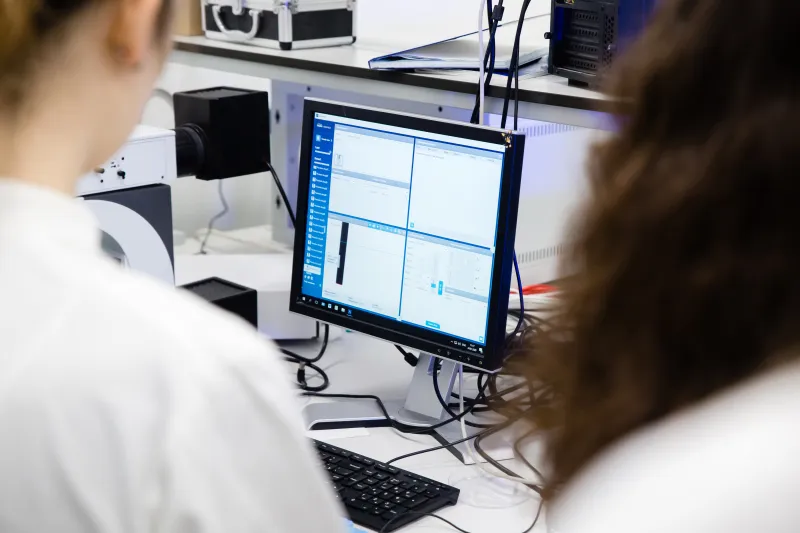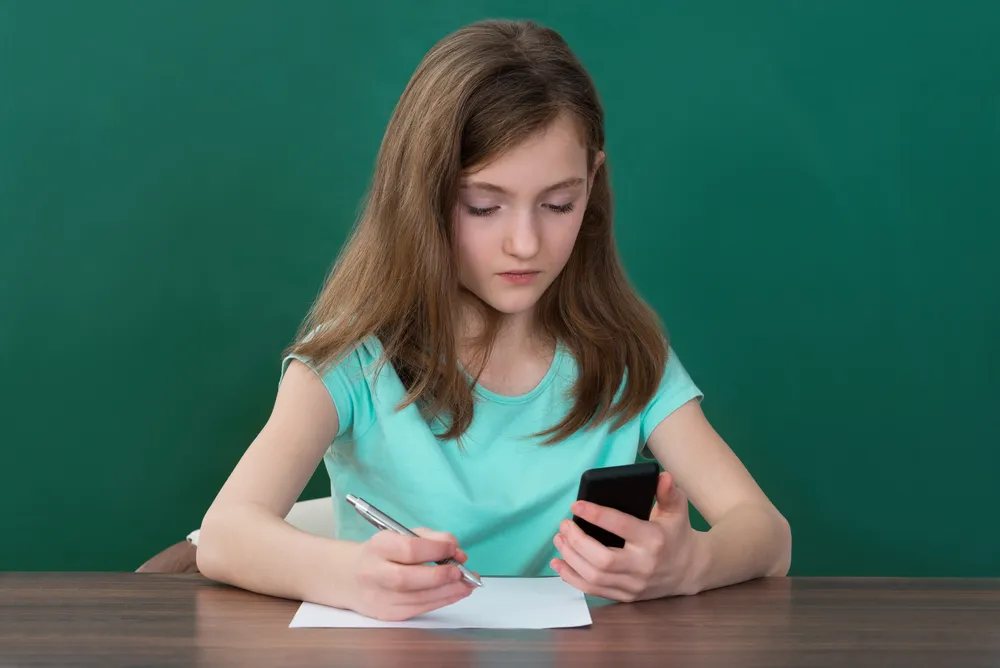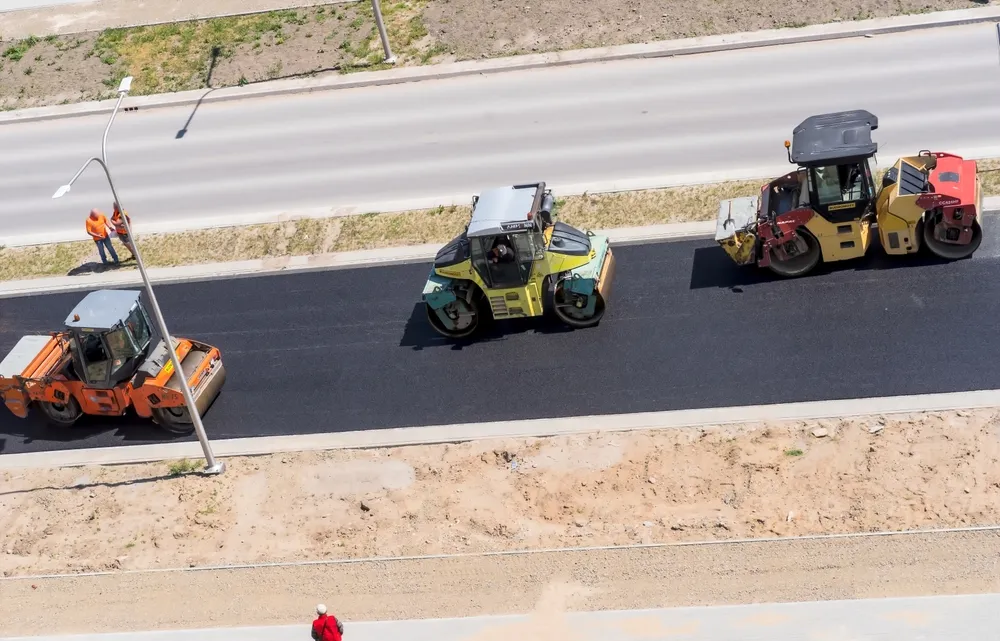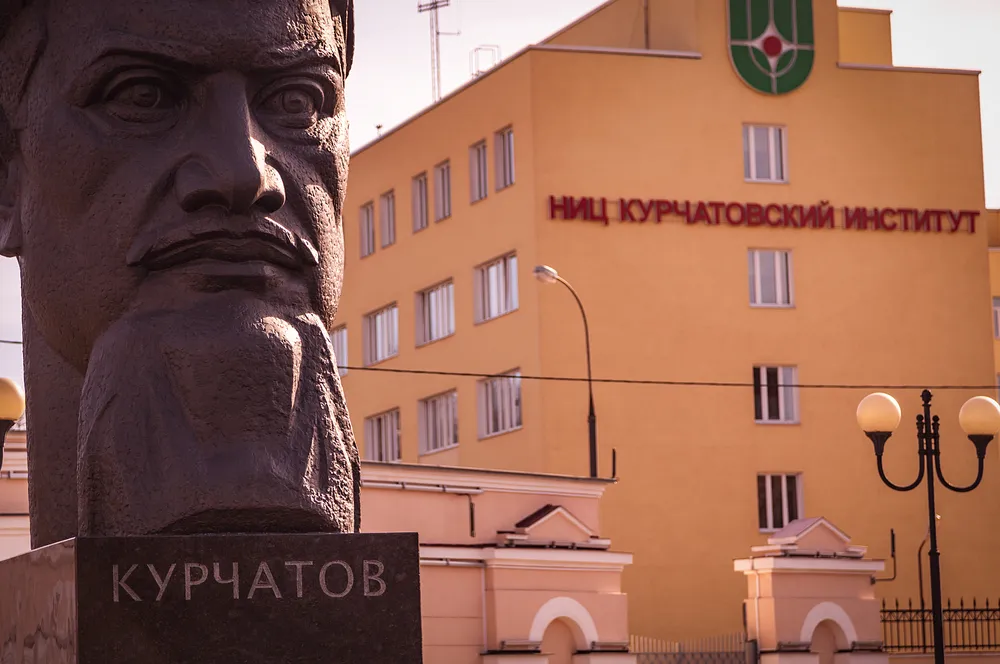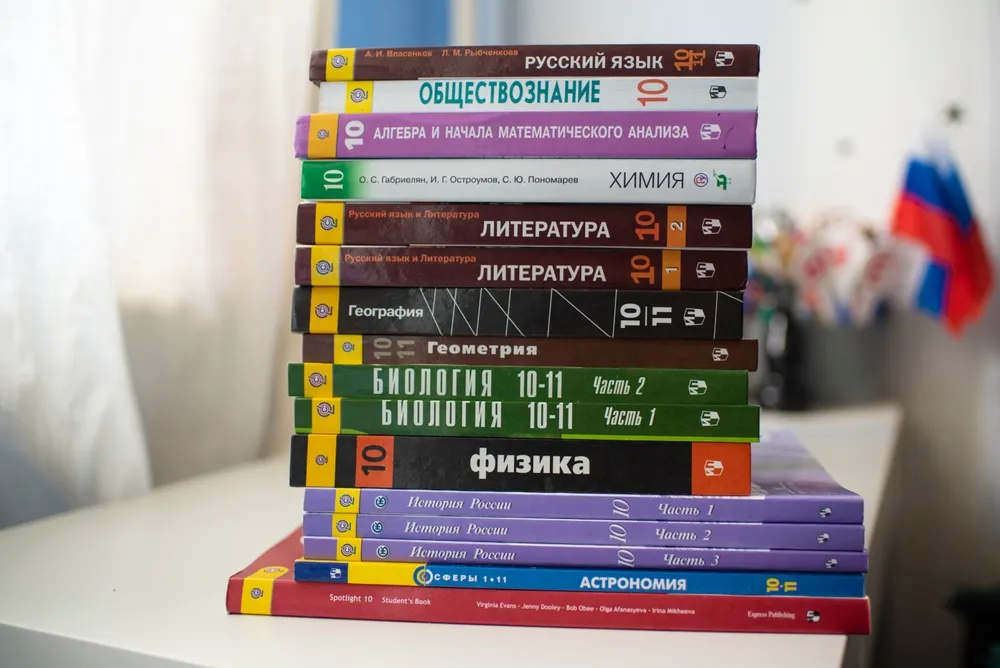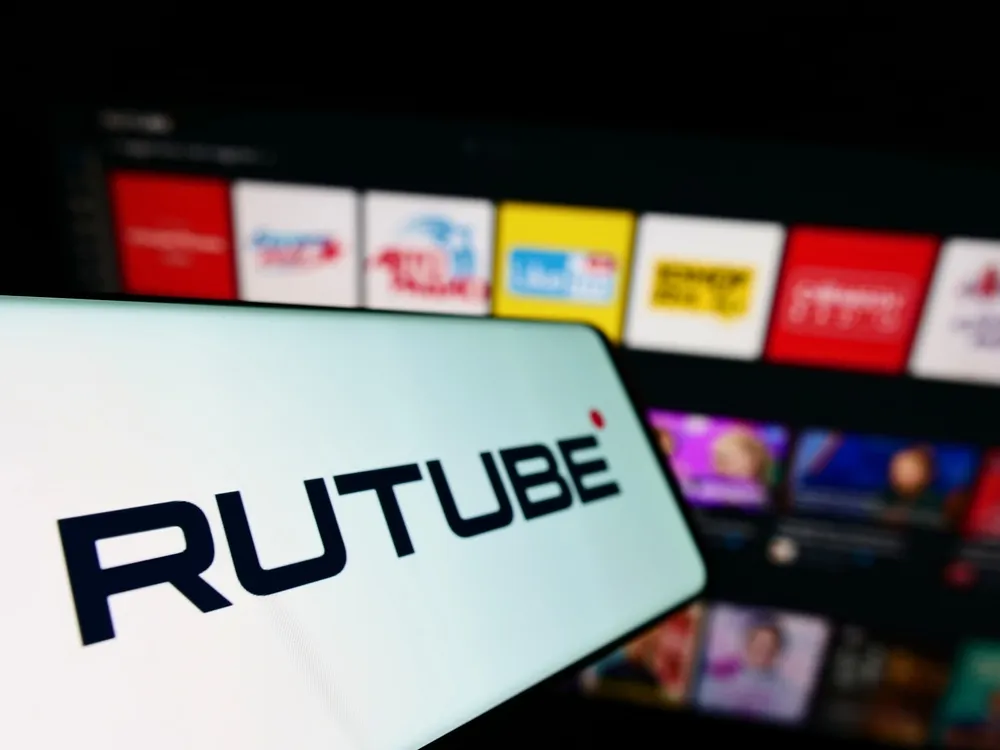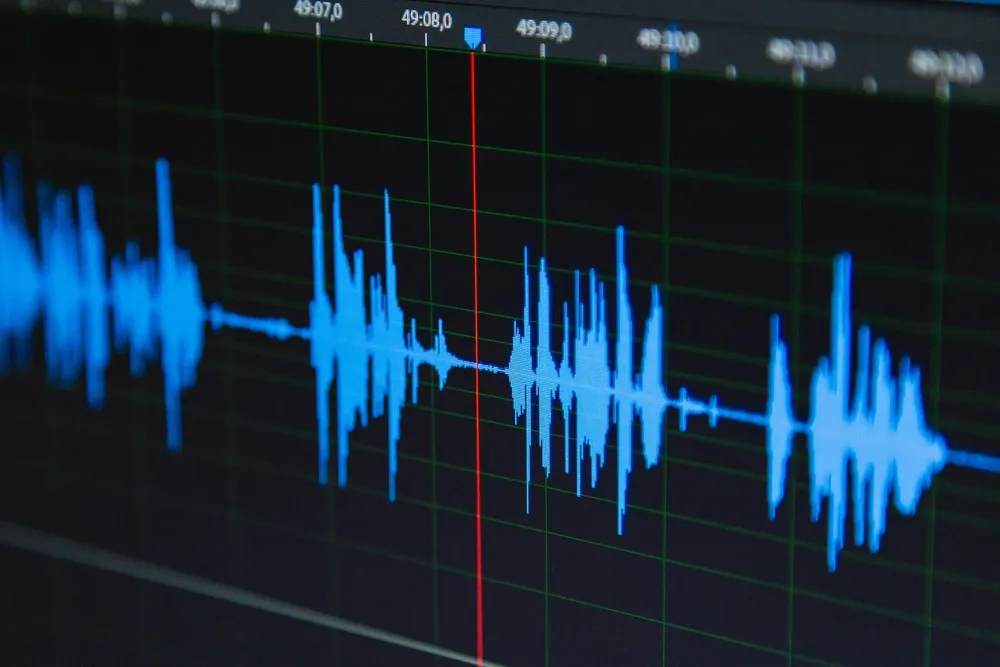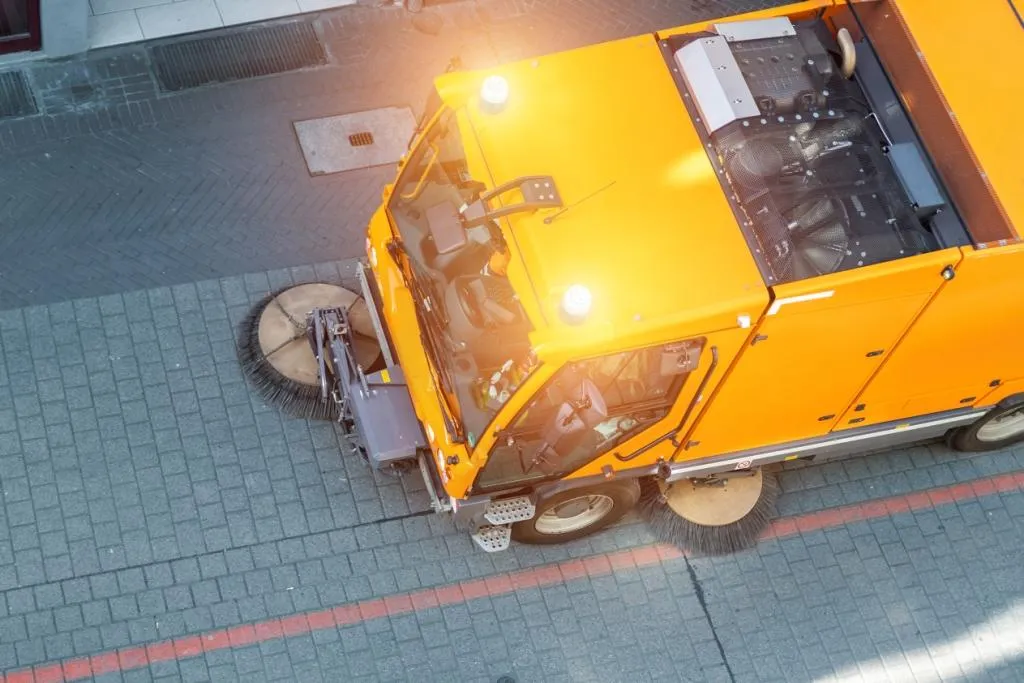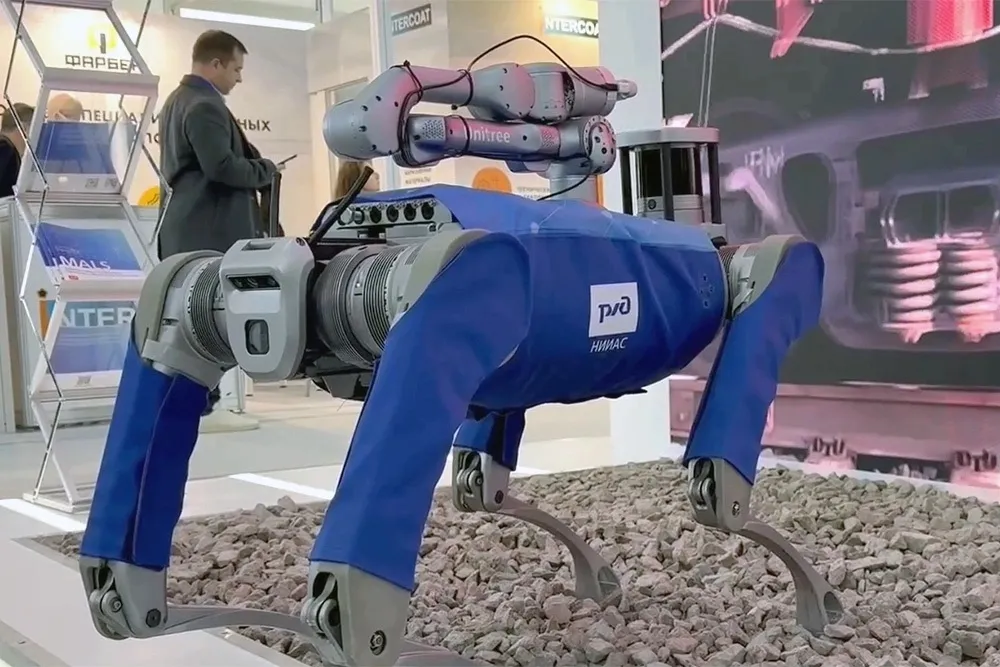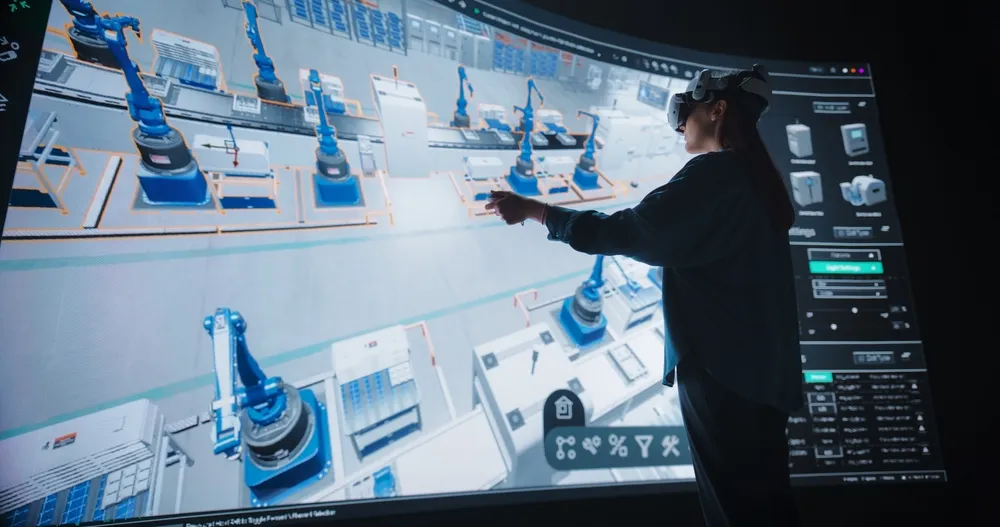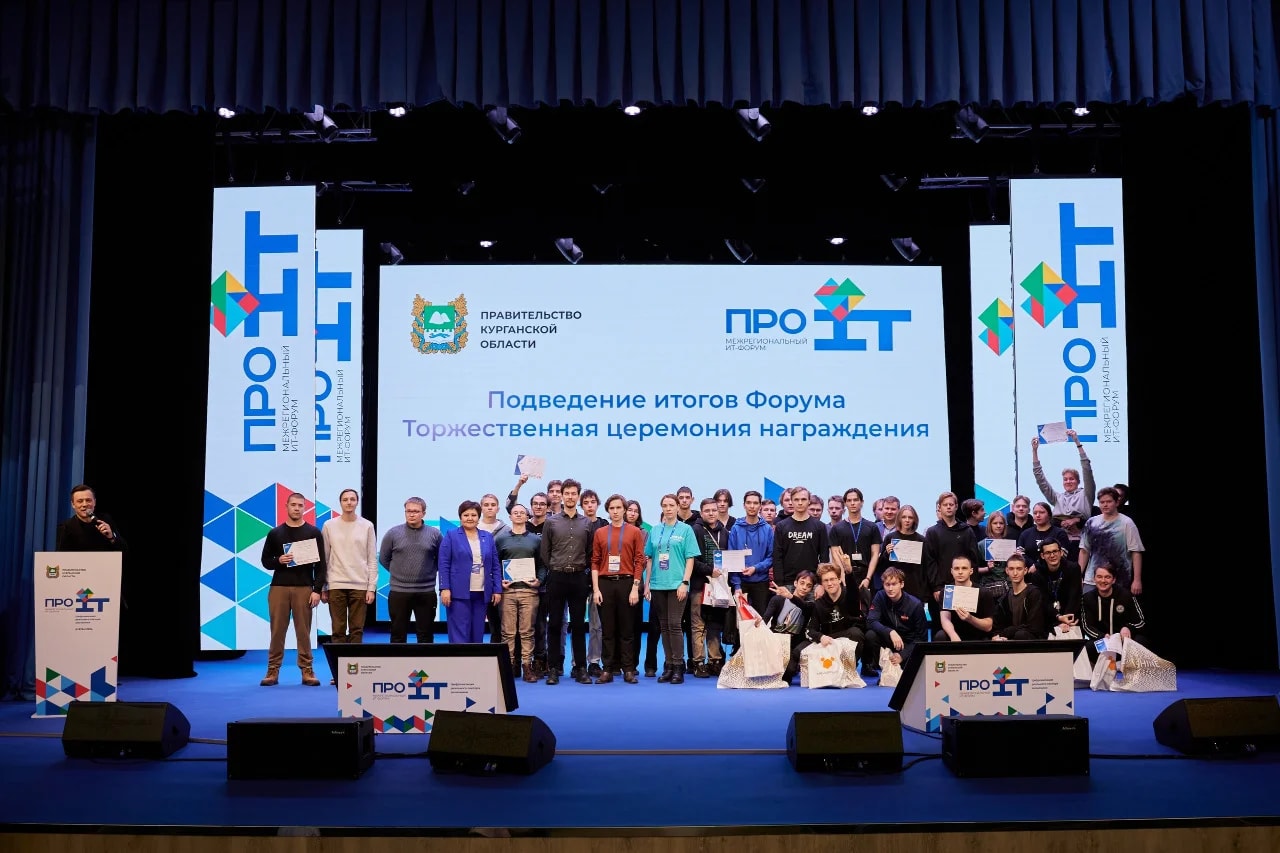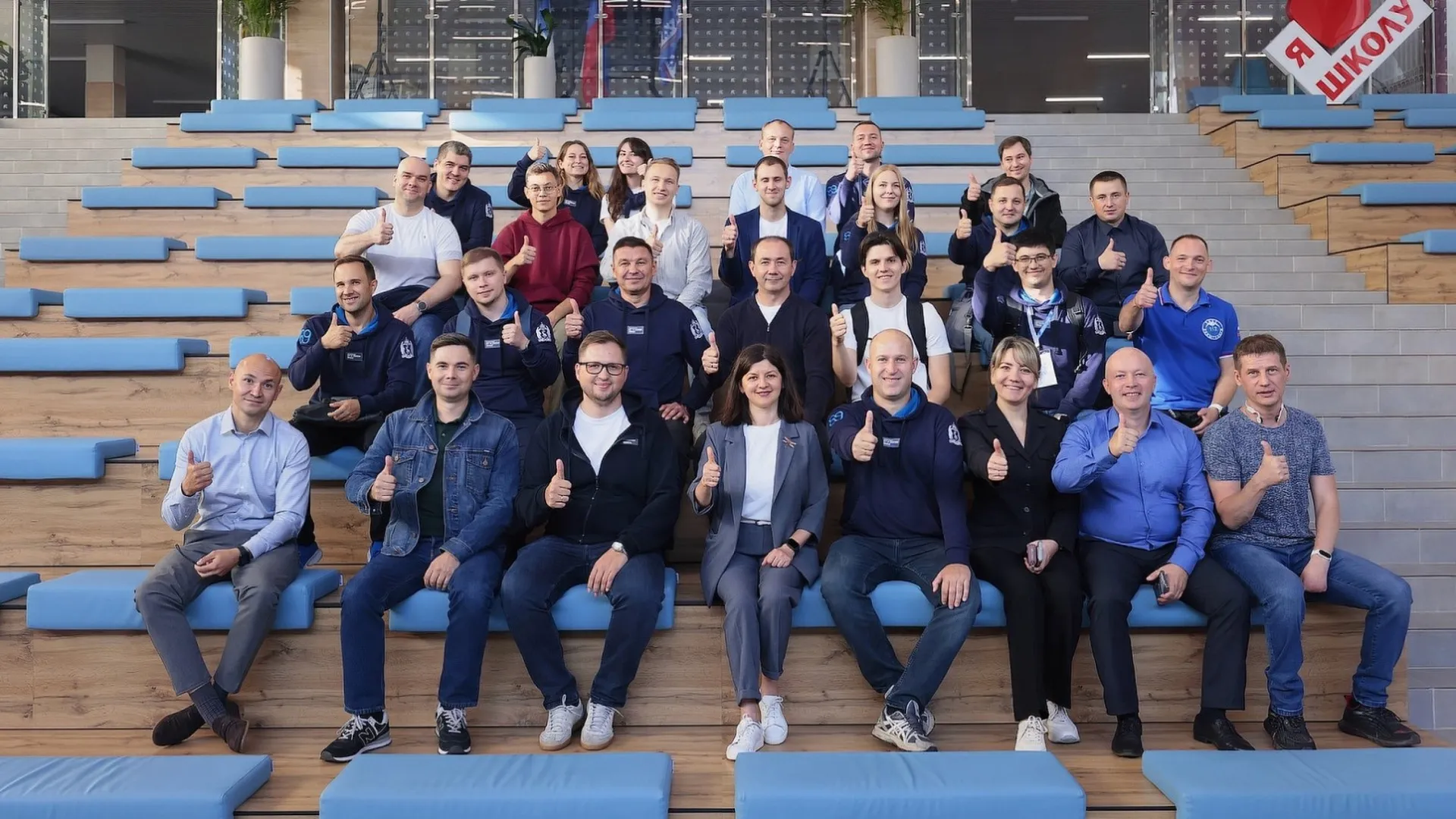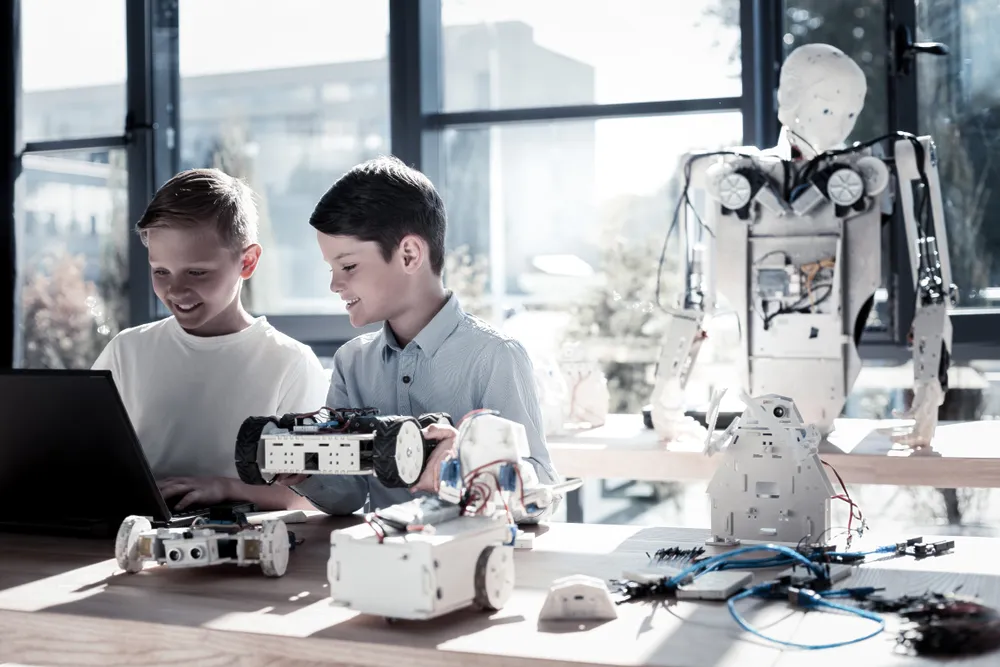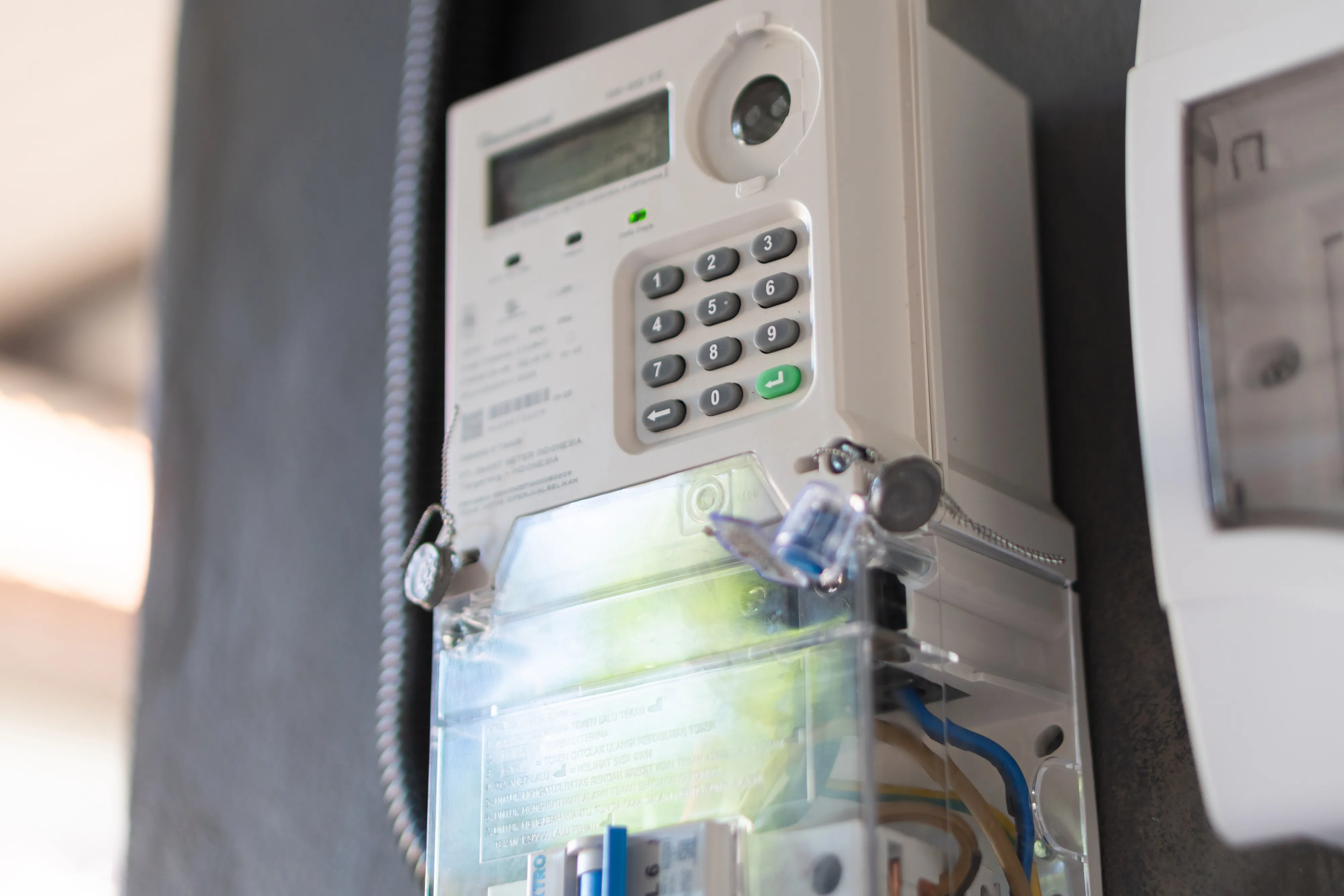One in Five Russian Teachers Now Uses AI and Gamification in the Classroom
Education in Russia is shifting from emergency remote learning to a deliberate hybrid model, with digital tools driving engagement and personalization.
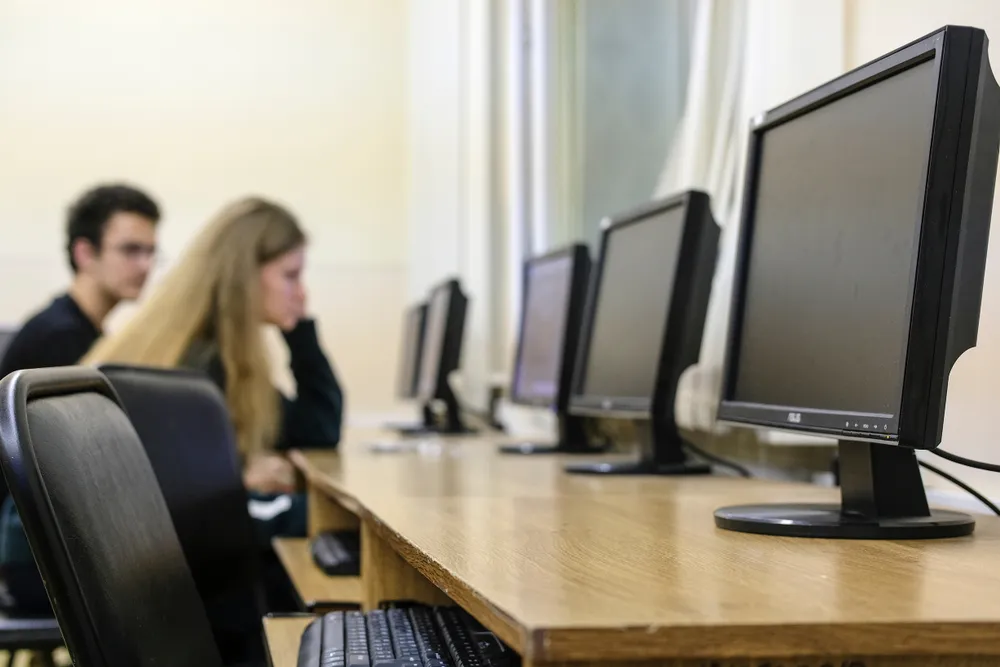
IVA Technologies has published a large-scale study on the adoption of digital tools in education. Surveys show that Russian teachers are actively embracing new formats, with 21 percent already using artificial intelligence and gamification to boost student engagement.
For the first time, researchers have documented the country’s transition from ad hoc “remote learning” to a conscious hybrid model. Online instruction has become a permanent tool rather than a temporary measure. This shift reveals teachers’ real demands and helps edtech developers design products that are in highest demand.
The study confirms that Russian schools are adapting to new realities and ready to deploy not only basic but also advanced technologies. This is directly shaping the quality of training for the next generation of specialists in the nation’s digital economy.
According to the report, 57 percent of teachers now combine online and offline formats. Online platforms have become a primary workspace for most. To maintain student attention, teachers rely on interactive tools: videos and polls (used by over 59 percent), chats and interactive whiteboards (56 percent). The key advantage of advanced technologies such as AI (21 percent) lies in their ability to automate routine tasks—generating assignments and tests—and to personalize learning. That frees up teachers to focus on creativity and individual interaction with students.
The trend toward innovative teaching methods in Russia is gaining strength, moving beyond simply “moving classes online” to a deeper transformation of the learning process.



